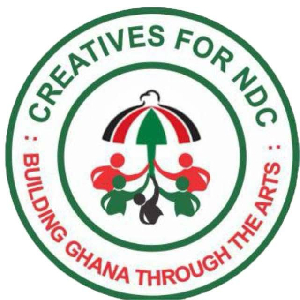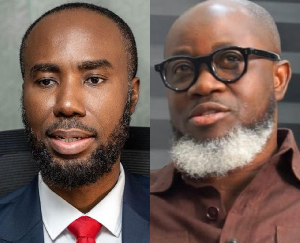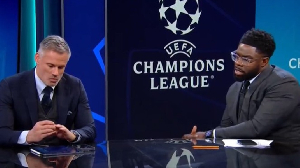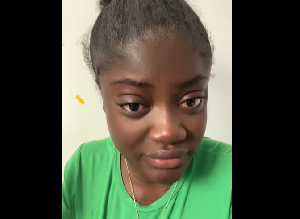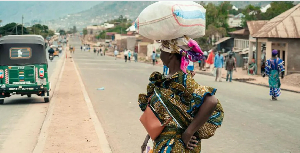Investors’ worries over government’s spending bill this year has heightened amid uncertainty over the International Monetary Fund (IMF) three-year budgetary support deal with the country, reports have suggested.
A team from the IMF has left the country after discussions with government over certain macroeconomic targets and provisions in legislations passed recently ended inconclusively and indications are that the stalemate in reaching a consensus could cut investor confidence in government’s commitment to spend within the budget in a year the country goes to the polls.
A report by RMB Global Markets- the research arm of South-African based Rand Merchant Bank- says despite government’s insistence to spend within budgetary constraints; investors are jittery over government’s ability to meet certain fiscal targets due to Ghana’s history of overspending in election years.
This, the report stated is behind investors demand for premium yields on government’s abortive fourth Eurobond in the face of concerns that the country’s debt position is nearing unsustainable levels.
“With election drawing near, the major concern is overspending in the period before the vote. With the possibility of an unmitigated spending spree is limited due to the presence of the IMF, it may be a cause for investors to demand a higher premium for owning the credit (Eurobond),” the RMB report said.
Conceding that Ghana is more appealing than some of its regional peers, the report went further to state that due to a number of challenges in the economy, a new Eurobond issuance could be costly at a time the market is unsure about government’s spending plans as it bids to win power in the next elections.
Pressure on government to narrow the country’s deficit is high due to the executives’ appetite for spending in election years, which has over the years forced the budget deficit to widen and push the country’s debt back to pre-HIPC unsustainable levels.
The country’s deficit has been above five percent in all but one year since 2006. It peaked twice in the election years 2008 and 2012, ballooning to 8.5 percent and 11.8 percent of GDP respectively.
The fallout of this deficit surge in election years is that interest or debt-service costs have increased sharply soon after.
The government plans to narrow the deficit to 5.3 percent of GDP by the end of this year. But the worry among the business community is that, missing the deficit target could keep interest rates at high levels and send negative signals to investors and ratings agencies on the credibility of fiscal reforms.
Deputy Finance Minister, Mona Quartey told investors a couple of months ago that government will ensure economic stability and spend within the budget limits; an assurance that has not been received well by the market following the passage of the amended Bank of Ghana Act that limits the central bank’s lending to government to five percent of the previous year’s revenue. The central bank’s ceiling, however, is in contravention with the IMF zero financing conditionalities.
But Ms Quartey insists the government will not be reckless in spending and jeopardize its programme with the IMF despite the pressure to retain power.
“We will keep to our budget and ensure that we don’t overspend and that will help us to continue with the efforts we are making under the IMF programme. I don’t see investors taking the ‘wait-and-see’ approach due to the efforts we have made to cut the deficit,” she said in July.
Business News of Wednesday, 7 September 2016
Source: B&FT
Fears of election year spending splurge trouble investors
Opinions
